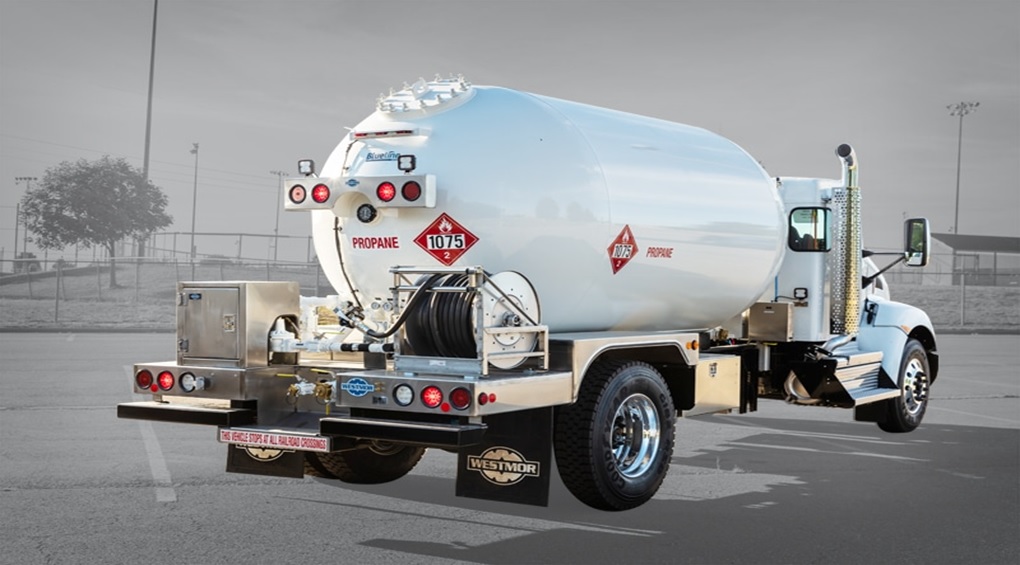Propane tanks play a crucial role in various industries and residential settings, offering a reliable source of energy for heating, cooking, and powering appliances. However, ensuring their safe use requires adherence to stringent regulations and safety standards. Understanding these regulations is essential for both users and suppliers to mitigate risks and ensure compliance.
Importance of Propane Tanks
Propane, a hydrocarbon gas liquefied through compression, is stored in specially designed tanks to ensure safe storage and transportation. These tanks come in various sizes and are commonly used in residential homes, commercial establishments, and industrial applications where natural gas may not be available.
Regulatory Framework
The safe handling and storage of propane are governed by several regulatory bodies, primarily the Occupational Safety and Health Administration (OSHA) and the National Fire Protection Association (NFPA) in the United States. These regulations mandate strict guidelines for the design, installation, and maintenance of propane tank to prevent accidents and ensure public safety.
Tank Design and Installation
Propane tanks must meet specific design standards to withstand high pressure and harsh environmental conditions. Tanks used for residential purposes are typically installed above ground, adhering to setback distances to minimize the risk of fire or explosion. Underground installations require additional safety measures to prevent corrosion and ensure structural integrity over time.
Safety Measures and Inspections
Regular inspections by certified propane professionals are crucial to detect leaks, corrosion, or other potential hazards. These inspections typically include checking valves, fittings, and pressure levels to ensure compliance with safety standards. Visual inspections and pressure tests are conducted periodically to verify the tank’s integrity and functionality.
Storage and Handling Practices
Proper storage of propane tanks is essential to prevent accidents and ensure longevity. Tanks should be stored upright and securely to prevent tipping or damage. Adequate ventilation around storage areas is necessary to disperse any leaking gas safely. It’s vital to keep propane tanks away from heat sources, open flames, or ignition sources to prevent potential explosions.
Transportation Regulations
Transporting propane tanks requires compliance with stringent guidelines to prevent leaks or accidents during transit. Tank valves must be securely closed and protected to prevent damage. Transport vehicles must be equipped with safety devices and emergency response equipment to handle leaks or spills effectively.
Emergency Procedures
In the event of a propane leak or fire, quick action is essential to minimize risks. Users should evacuate the area immediately and contact emergency services. Avoid using electronic devices or creating sparks that could ignite the propane gas. Properly trained personnel should handle any attempts to stop leaks or secure the area until professionals arrive.
Environmental Considerations
Propane is considered a clean-burning fuel with lower emissions compared to many other fossil fuels. Proper disposal of outdated or damaged tanks is crucial to prevent environmental contamination. Recycling programs and disposal centers often accept old tanks for safe disposal or refurbishment.
Consumer Awareness and Education
Educating consumers about propane tank safety is critical to preventing accidents. Suppliers and retailers often provide safety manuals and guidelines for proper usage and maintenance. Consumer awareness campaigns promote safe handling practices and highlight the importance of regular inspections and maintenance.
Conclusion
Propane tanks are essential for providing energy in diverse settings, but their safe use hinges on adherence to rigorous safety standards and regulations. From design and installation to transportation and storage, every aspect of propane tank handling must prioritize safety to protect lives and property. By understanding and complying with these regulations, users can enjoy the benefits of propane while minimizing risks and ensuring a safer environment for everyone.
Understanding propane tank regulations and safety standards ensures that this versatile energy source continues to serve communities safely and efficiently. For users and suppliers alike, staying informed and compliant is the key to harnessing the benefits of propane responsibly.



